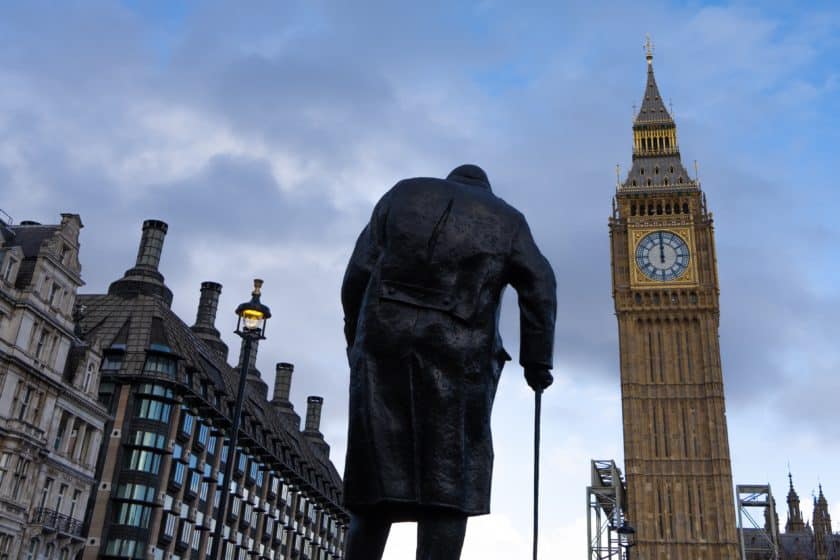UK inflation remained sticky at 6.7% in September, raising a question mark over the future of the triple lock guarantee.
The figure was marginally above the 6.6% rate economists had been forecasting for the 12 months to September.
Rising prices for petrol and diesel made the largest upward contribution to the inflation rate, according to the figures from the Office for National Statistics, while food and non-alcoholic beverages fell for the first time since September 2021.
Danni Hewson, head of financial analysis at AJ Bell, said: “September’s stickiness rather ruins the narrative. UK inflation is not making a slow but sustained backtrack, it’s got trapped between the push and pull of prices at the pump and those on supermarket shelves.
“Price volatility happens all the time but at the moment it’s raising big questions about whether the government will meet its target of halving inflation by the end of the year and, more importantly, how it might impact Bank of England policymakers ahead of their next interest rate decision. There are no easy answers here.”
The figures also mean that pensioners are set to receive a bumper 8.5% increase to their state pension from April 2024 under the triple lock guarantee.
The triple lock commitment ensures that state pension payments rise in line with the highest of September’s inflation figure, average wage growth between May and July or 2.5%. With inflation holding steady at 6.7%, it is likely the state pension will increase according to average earnings growth which came in at 8.5% last month.
If this measure is confirmed by the government, the new state pension will surge to over £11,500 a year.
Tom Selby, head of retirement policy at AJ Bell, said: “Provided the government sticks to its state pension triple-lock promise, today’s CPI figure should confirm an inflation-busting 8.5% increase for April next year. While that will cost the Treasury billions of pounds, it may be viewed as a price worth paying for prime minister Rishi Sunak given the proximity of the general election and with the Conservatives trailing Labour in the polls.”
There has been speculation that the sharp rise may prompt the Government to argue that one-off NHS bonus payouts inflated July’s earnings and the Treasury may opt to set the state pension increase by the lower 7.8% earnings figure, which strips out bonuses.
“This would allow the government to claim it has stuck with the triple-lock pledge while saving some cash, although it would inevitably face accusations of a stealth attack on pensioner incomes,” says Selby.
The triple lock guarantee has come under fierce debate in recent years, amid concerns over its affordability. However, with a general election on the horizon, Selby said there is “every chance” that all major political parties will commit to the triple-lock in their respective manifestos. However, he warned that while it will be good news for pensioners in the short-term, it will mean the debate over what the state pension should be worth is “kicked down the road again.”
Selby added: “The triple lock remains a policy without an explicit aim, randomly increasing the value of the state pension depending on earnings growth and inflation at a specific point in time each year. It may well take an independent review with cross-party support to break the hold the triple-lock has on discussion about the future of the state pension.
“Politicians need to be brave enough to kick off an honest conversations about what the state pension is aiming to deliver in retirement, how it should look over the long-term and the associated costs. Without that, we risk remaining in a triple-lock-induced doom loop where the only real question is whether or not that policy will be retained.”





























